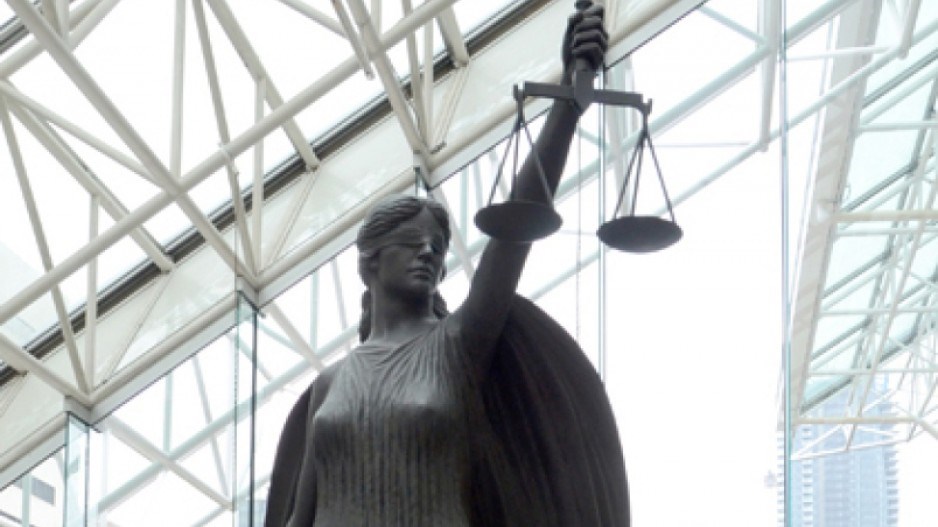Canadian actors who did voice work on the animated series Maya the Bee are suing Netflix, Studio 100 Animation and several others, claiming the show’s 39 episodes were wrongfully split and broadcast worldwide without properly compensating the performers.
Actors Sam Khouth, Philip Maurice Hayes, Rebecca Shoichet, Kitanou St. Germain, Ellen Kennedy, Kira Tozer, Diana Kaarina, Brian Drummond and Andrea Libman filed separate but identical notices of civil claim in BC Supreme Court on January 31.
The defendants include Studio 100 Animation SAS, Netflix Inc., NBCUniversal Cable Entertainment Group, NBCUniversal, Comcast Corp., Australian Broadcasting Corp., CSC Media Group, Sony Pictures Television Inc., Enchanted Animation, Knowledge Network Corp., Disney Junior Asia, ABC Cable Networks Group Inc. and Thunderbird Films (USA) Inc.
The plaintiffs, all members of the Union of British Columbia Performers (UBCP), claim they were contracted in 2010 to perform on the series, which consisted of 39 episodes at 22 minutes each. But they claim the defendants wrongfully split the shows into 11-minute episodes and “broadcast [them] as two completely separate episodes throughout the world.”
The splitting allegedly breached the performers’ contracts because the performance fees paid and collected were calculated on the basis of 39 episodes rather than 78. Performers claim they were underpaid by more than $230,000 as a result.
During arbitration proceedings, the lawsuits say Ghost Films was unable to pay the amounts owing “because it did not in fact own or control the copyright or any other rights in the series.”
The performers, according to the claims, won the arbitration but have not been paid.
“Studio 100 was aware of the arbitration and refused to participate in the same, and since the award was made, has failed to pay the owing amount to the plaintiff or the other performers on the basis that it has no contractual obligations towards UBCP, the plaintiff or the performers,” the claims state.
The plaintiffs seek unspecified damages for copyright and moral rights infringement and privacy violations.
The allegations have not been tested or proven in court, and the defendants had not responded to the claims by press time.




